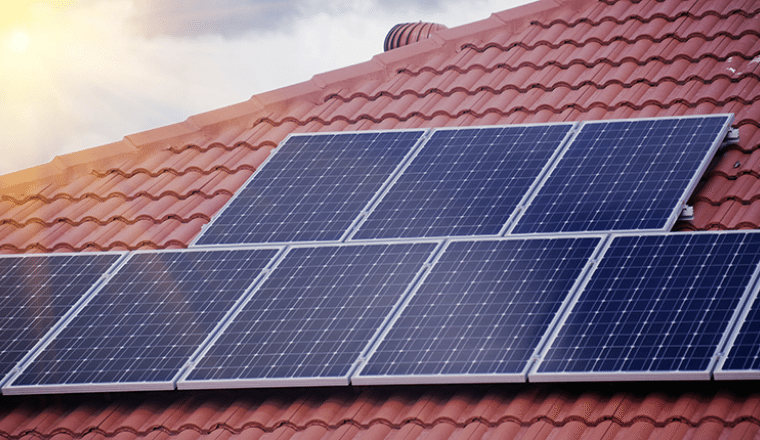
The Clean Energy Regulator has “gone live” with its solar panel serial number ledger, the latest tool in the kit to strengthen the integrity of both the rooftop solar industry, in general, and the federal government subsidy scheme that supports it.
The ledger will store all solar panel serial numbers supplied to the Australian market that are eligible for small-scale technology certificates (STCs), which are used by installers to claim benefits from the Small-scale Renewable Energy Scheme, which is in place until 2030.
“The ledger is now being populated with solar panel serial number data from Australian manufacturers and importers/responsible suppliers with solar panels on the Clean Energy Council’s (CEC’s) approved PV module list,” the CER said in a statement.
Once sufficiently populated – the goal is to have it up and running by mid-November 2021, or earlier – the ledger will be used by the agency to assess eligibility of STC claims by cross-referencing serial numbers in the claims against serial numbers in the ledger.
Until this year, most STC applications have used the Solar Panel Validation (SPV) smartphone app, introduced in 2018, which scans panel serial number barcodes to verify that panels meet Australian Standards and carry a manufacturer’s warranty.
The CER said the ledger would complement the SPV initiative, which gives solar supply chain representatives early confirmation of solar panel eligibility before and at the time of installation.
For its part, the ledger will provide a secondary point of verification during the creation of STCs, enabling the CER to differentiate solar panel serial numbers provided by authorised suppliers and potentially non-authorised suppliers.
“[The ledger] enables us to enhance our regulatory framework and assists to prevent ineligible solar panels receiving Commonwealth incentives under the SRES, whilst complementing the SPV,” the Regulator said in a statement.
“It allows manufacturers to remove risk to their brand from non-authorised suppliers bringing potentially ineligible solar panels to the Australian market that could be used in STC claims.
“It decreases burden for manufacturers and agents by reducing the need for us to make individual requests for additional information about solar panel serial numbers to assess eligibility.”
The repercussions of failing to provide solar panel serial number data to the new ledger could include the removal of a manufacturer’s product from the approved PV module list, the CER said, or result in processing delays or an inability assess STC claims, including the potential for the agency to fail a claim.
The CER registers hundreds of thousands of applications a year of STCs, which can be sold to recoup part of the cost of purchasing and installing a system, or transferred to other entities at a negotiated price.
To be eligible for the subsidy, both the equipment used and the people retailing and installing it must meet a number of strict criteria, including being accredited by the Clean Energy Council. Eligibility also hinges on meeting state and territory regulations.
The findings of a federal government review of the rooftop solar industry, published last month, made 13 recommendations to tighten the rules governing the sector, including that the entire accreditation system be handed over to the CER to control.
The review found that – while the CEC had “undertaken its regulatory roles diligently over a long period” – it was difficult for it to undertake effective enforcement against accredited parties found doing the wrong thing without the statutory investigation powers of a Commonwealth regulator.
“The enhanced regulatory arrangements recommended through the Review will help ensure that rooftop solar PV systems installed under the SRES are consistent with the value of the incentive paid under the scheme and with consumers’ expectations,” said federal energy minister Angus Taylor in a statement at the time.
“The recommended reforms will also ensure that any solar installers, retailers and manufacturers who are found to be doing the wrong thing can be held to account.”
For ledger guidance for verification service providers, click here. For ledger guidance for manufacturers and authorised importers, click here.

Sophie is editor of One Step Off The Grid and deputy editor of its sister site, Renew Economy. Sophie has been writing about clean energy for more than a decade.


